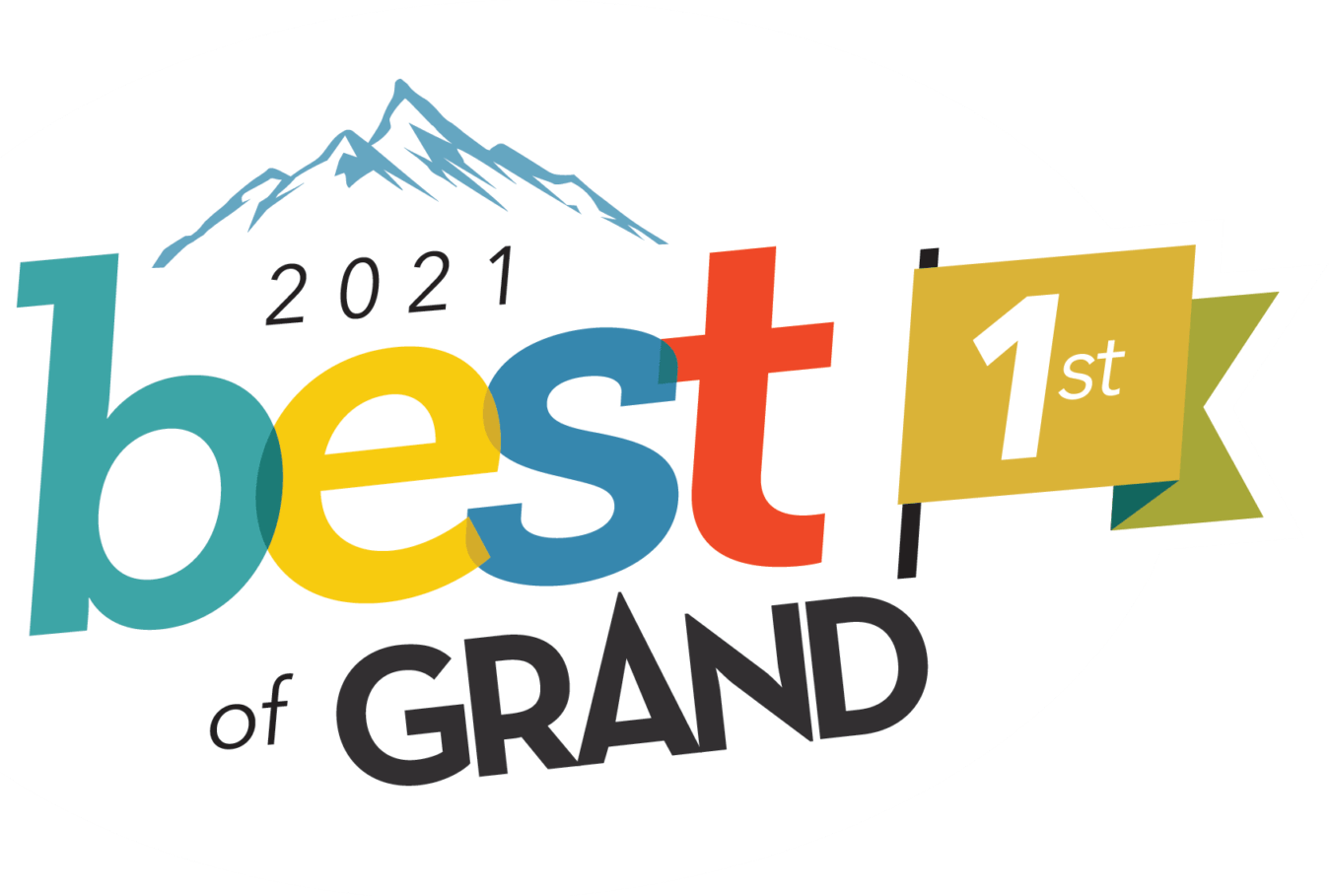Estimating closing costs is a crucial step in the home-buying process, as it helps prospective homeowners understand the full financial commitment involved. Closing costs can include various fees such as loan origination, appraisal, home inspection, insurance, and property taxes, among others.
Understanding Colorado closing costs in advance allows buyers to budget more effectively and avoid any last-minute financial surprises. Accurate estimation ensures sufficient funds are available at closing and helps in negotiating better terms with lenders or sellers.
Winter Park, CO, is renowned for its picturesque mountain landscapes, vibrant cultural scene, and high-quality recreational opportunities. The real estate market here boasts a mix of historic homes, modern condos, and luxurious estates, catering to diverse tastes and budgets.
The area is particularly appealing due to its excellent connectivity, numerous parks, and proximity to Denver.
Over recent years, the Winter Park real estate market has shown steady growth, with property values appreciating and demand remaining strong. Prospective buyers can benefit from the area’s charm, amenities, and robust real estate market.
Therefore, whether you’re just using a Colorado closing cost calculator or comparing different sales price options, it’s important to know as much as you can before you contact a mortgage lender and get started with your mortgage application to get your dream home. Read until the end and find out!
Understanding Closing Costs
Closing costs refer to the fees and expenses that buyers and sellers incur during the finalization of a real estate transaction. These costs are typically paid at the closing of the deal, the point in time when the title of the property is transferred from the seller to the buyer.
The exact amount of closing costs can vary greatly depending on various factors, including the property’s location, price, and the type of loan being used.
Components of Closing Costs
Closing costs consist of multiple components, each contributing to the total expenditure. Key components include:
- Loan Origination Fees: Costs charged by the lender for processing the loan application.
- Appraisal Fees: Charges for a professional assessment of the property’s value.
- Title Insurance: Protects against potential disputes over property ownership.
- Escrow Fees: Fees for the service of an escrow agent who facilitates the closing process.
- Property Taxes: Prorated amounts of property taxes depending on the closing date.
- Homeowner’s Insurance: Often paid upfront for the first year as a requirement by the lender.
- Recording Fees: Fees for the local government to record the change in property ownership.
Understanding these components will better prepare buyers and sellers for the financial aspects of closing on a property in Winter Park, CO.
Types of Closing Costs
When estimating closing costs in Winter Park, CO, it’s essential to understand that these costs can generally be categorized into two main types: fixed costs and variable costs.
Fixed Costs
Fixed costs are expenses that remain the same regardless of the circumstances of the transaction. Some examples include:
- Application Fees: Charges incurred when applying for a mortgage loan. These fees cover the processing of your application, credit checks, and other administrative tasks.
- Credit Report Fees: When you apply for a mortgage, your lender will request a credit report from one or more of the credit reporting agencies. The fee for this report is typically standardized and does not fluctuate.
Variable Costs
Variable costs, on the other hand, can change depending on various factors such as the property’s value, location, or specific lender requirements. Examples of variable costs include:
- Title Insurance: This insurance protects both the buyer and the lender from any claims or disputes over the property’s ownership. The cost can vary based on the property’s value and the insurance provider’s rates.
- Appraisal Fees: To determine the property’s market value, an appraisal is conducted by a professional appraiser. The fee for this service can differ based on the appraiser’s rates and the complexity of the appraisal required.
Buyer-Specific Closing Costs
Loan Origination Fees
When purchasing a home in Winter Park, CO, one of the buyer-specific closing costs to consider is the loan origination fee. This fee is charged by the lender to cover the administrative costs of processing the loan. It typically amounts to about 1% of the loan amount but can vary depending on the lender and the specifics of the loan.
Discount Points
Discount points are an upfront fee paid directly to the lender at closing in exchange for a reduced interest rate on the loan. Each point generally costs 1% of the total loan amount and can lower the interest rate by approximately 0.25%. Buyers can choose to purchase discount points to save money over the life of the loan, making this a strategic financial decision.
Private Mortgage Insurance (PMI)
Private Mortgage Insurance (PMI) is often required for buyers who make a down payment of less than 20% of the home’s purchase price. PMI protects the lender in case of default on the loan. The cost of PMI can vary but is usually calculated as a percentage of the loan amount, paid monthly along with the mortgage payment.
Homeowners Insurance
Homeowners insurance is a critical component of closing costs and is generally required by lenders. This insurance covers potential damages to the home and the buyer’s personal belongings, providing financial protection against events like fire, theft, and natural disasters. The cost of homeowners insurance can vary based on the value of the home and the extent of coverage chosen by the buyer.
Seller-Specific Closing Costs
When selling a property in Winter Park, CO, several closing costs are specific to the seller. Understanding these costs can help ensure a smooth transaction and prevent any unexpected financial surprises.
Real Estate Agent Commissions
One of the largest seller-specific closing costs is the commission paid to the real estate agents involved in the transaction. Typically, the commission is a percentage of the home’s sale price, often around 5-6%, and is split between the buyer’s and seller’s agents.
Transfer Taxes
Transfer taxes are fees imposed by the state, county, or municipality for the transfer of property ownership. These taxes are calculated based on a percentage of the sale price or a flat rate per $1,000 of the sale price. In Colorado, sellers are usually required to cover this cost.
Title Insurance (Seller’s Portion)
Title insurance protects the buyer and lender against any defects with the property’s title. The seller often covers the cost of the owner’s title insurance policy, which ensures there are no unexpected claims or liens on the property. The cost can vary but is generally based on the sale price of the property.
Shared Closing Costs
Shared closing costs are expenses that both the buyer and the seller share during the real estate transaction. These costs can include fees such as escrow, title insurance, and sometimes even inspection fees, depending on the negotiation between the parties. Sharing these costs can help ease the financial burden on both sides and facilitate a smoother closing process.
Escrow Fees
Escrow fees are payments made to a third party who holds and manages the funds and documents related to the property transaction. The escrow agent ensures that all the conditions of the sale are met before releasing funds to the seller and the deed to the buyer. These fees cover the escrow agent’s services and are typically shared equally by the buyer and the seller.
Recording Fees
Recording fees are charges assessed by the local government for entering the new property deed and related documents into the public record. This process ensures the legal transfer of ownership from the seller to the buyer. The cost of recording fees can vary based on the location and the value of the property and is usually paid by the buyer.
Prorated Property Taxes
Prorated property taxes refer to the division of property tax responsibilities between the buyer and the seller, based on the portion of the year that each will own the property. Since property taxes are typically paid annually, the seller reimburses the buyer for the taxes paid from the closing date to the end of the tax period. This adjustment ensures that each party pays their fair share of taxes for the time they own the property.
Estimating Closing Costs
Estimating closing costs can be a crucial step when purchasing a home in Winter Park. Consulting with professionals ensures that you are accurately informed and well-prepared for the financial aspects of the transaction.
Real Estate Agents
Real estate agents familiar with the Winter Park market can offer valuable information on typical closing costs in the area. They can provide estimates based on comparable sales and guide you through local specifics that might affect your closing expenses.
Mortgage Brokers
Mortgage brokers are instrumental in helping you understand the costs associated with obtaining a mortgage. They can break down fees such as loan origination fees, appraisal fees, and underwriting fees, giving you a clearer idea of what to expect.
Attorneys
Real estate attorneys can provide crucial assistance by reviewing contracts, ensuring that all legal aspects of the transaction are covered, and identifying any potential additional costs. Their expertise ensures that you are fully aware of all legal fees and other associated costs, offering peace of mind throughout the process.
Local Factors Affecting Closing Costs
When estimating closing costs in Winter Park, CO, it’s essential to consider various local factors that can significantly impact the total amount. These factors include market trends, the specific type and value of the property, and even seasonal influences.
Winter Park Market Trends
The real estate market in Winter Park is dynamic, and current trends can have a substantial effect on closing costs. During a seller’s market, for instance, you might encounter higher property prices, which can lead to increased loan origination fees and other associated costs. On the other hand, during a buyer’s market, you may have more negotiating power to reduce these expenses.
Property Type and Value
The type and value of the property also play a critical role in determining closing costs. Residential properties like single-family homes, condos, or townhouses each come with their own set of costs related to inspections, appraisals, and insurance. Higher-valued properties typically incur greater fees in multiple areas, such as higher mortgage recording taxes and insurance premiums.
Seasonal Influences
Seasonal trends can further influence closing costs in Winter Park. For example, transactions occurring during peak real estate seasons—typically spring and summer—might see increased costs due to heightened demand for services like inspections, appraisals, and moving companies. Conversely, purchasing a home in the off-season, such as winter, might offer opportunities for savings as service providers and sellers might be more willing to negotiate prices.
Strategies to Reduce Closing Costs
Negotiating with the Seller
One effective strategy to reduce closing costs is to negotiate with the seller. Buyers can request the seller to cover a portion of the closing costs as part of the purchase agreement. This may be especially feasible in a buyer’s market where sellers are more willing to offer concessions to close the deal. Additionally, sellers might agree to pay for certain costs such as home warranties or title insurance, which can substantially lower the amount a buyer needs to bring to the table.
Shopping Around for Service Providers
Another approach to cutting down on closing costs is to shop around for different service providers. Different providers, such as title companies, home inspectors, and insurance companies, often have varying rates. By obtaining multiple quotes and comparing fees, buyers can find the most cost-effective options for essential services. It is advisable to not just look at the price but also consider the reputation and quality of service of each provider.
Understanding Lender Fees
Understanding lender fees is crucial in the effort to minimize closing costs. Lender fees can include charges for loan origination, underwriting, and processing, among others. Buyers should request a detailed loan estimate from potential lenders and carefully review these fees. Some fees may be negotiable, and others might be avoided altogether by choosing a lender that offers lower or no-fee loan options. Being well-informed allows the buyer to avoid unnecessary expenses and better manage the overall cost of closing the deal.
Preparing for Closing Day
When preparing for closing day in Winter Park, CO, it’s essential to be well-organized to ensure a smooth transaction. Here’s what you need to know:
What to Bring
- Photo Identification: Bring a government-issued ID, such as a driver’s license or passport.
- Cashier’s Check or Proof of Wire Transfer: This should cover your down payment and any closing costs. Confirm the exact amount with your lender prior to closing.
- Copy of the Sales Contract: Having this on hand will help resolve any discrepancies.
- Homeowner’s Insurance Proof: Ensure that the policy is in effect as of the closing date.
- Closing Disclosure Form: Review this document thoroughly to understand the final terms and costs.
- Any Additional Documents Required by Your Lender: These might include proof of repairs or other pre-requested items.
What to Expect
On closing day, expect to spend a few hours at the closing table. You will:
- Review and Sign Documents: This includes the mortgage agreement, loan application, and other legal papers. Take your time reading through each document, and don’t hesitate to ask questions.
- Payment of Closing Costs: You’ll provide the cashier’s check or proof of wire transfer to cover these expenses.
- Transfer of Ownership: The keys, and ownership of the property, will officially be transferred to you once everything is signed and funded.
Final Walkthrough Checklist
- Check Repairs: Ensure any agreed-upon repairs have been completed.
- Inspect Appliances: Verify that all appliances included in the sale are in working order.
- Test Utilities: Turn on lights, faucets, and check heating and cooling systems.
- Look for New Damage: Inspect for any new issues that might have arisen since your last visit, such as leaks or structural damage.
- Verify Inclusions: Ensure all fixtures and personal property that were supposed to remain are still in the house.
By following these steps, you can help ensure that your closing day proceeds without any major hitches, bringing you one step closer to enjoying your new home in Winter Park, CO.
Conclusion
Estimating closing costs in Winter Park, CO, can significantly impact your financial planning when purchasing a home. Understanding the components of these costs and how they apply to your specific transaction is crucial.
Planning for closing costs ahead of time ensures you’re financially prepared for all the expenses associated with finalizing your home purchase. Being informed about these costs can prevent any last-minute surprises, making the process smoother and more manageable. Accurate estimation also helps in better budgeting, allowing for a more secure financial future.
4o










